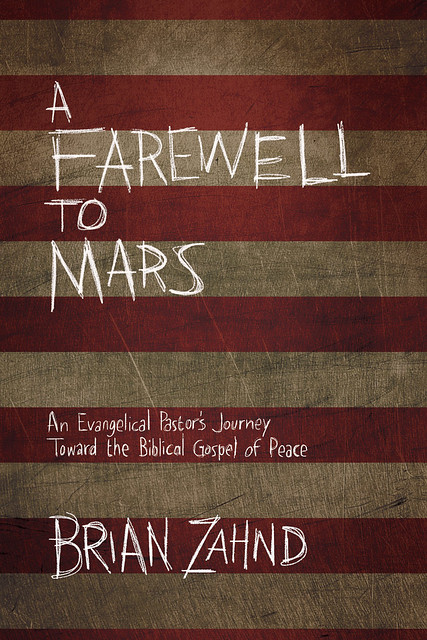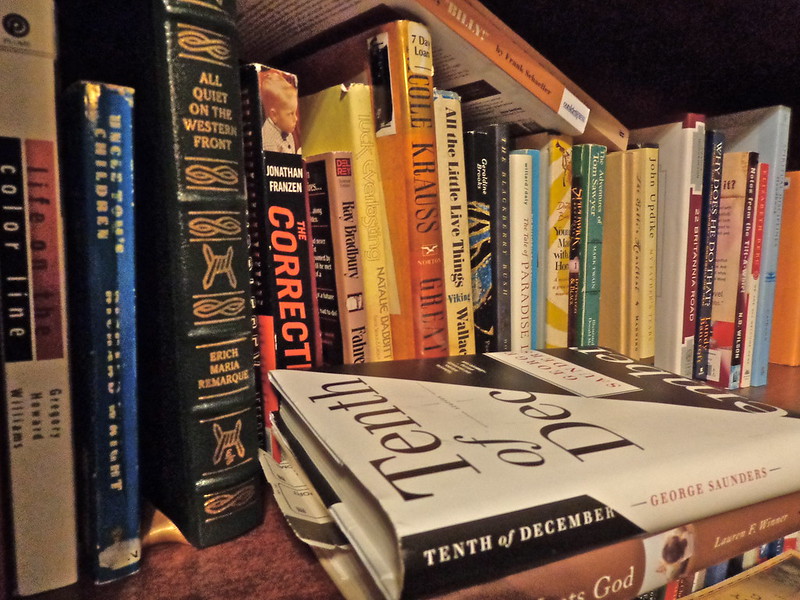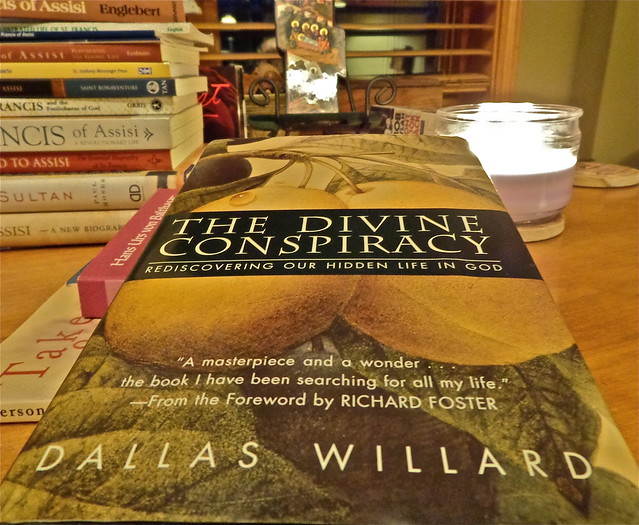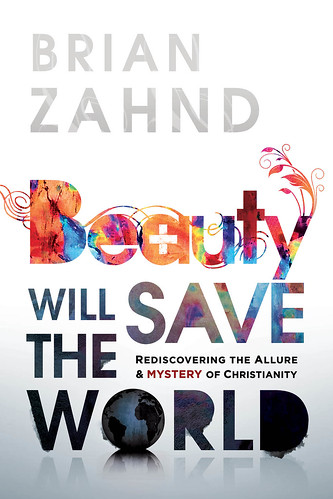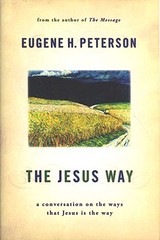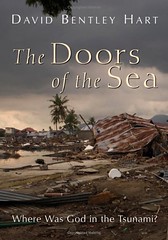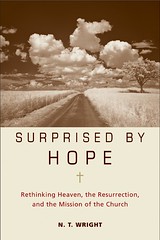The Day I Met Jesus: A Conversation With Mary DeMuth

Mary DeMuth and Frank Viola have written a fascinating book — The Day I Met Jesus: The Revealing Diaries of Five Women from the Gospels (Baker Books 2015). Recently I was able to interview Mary about this book and also ask her some questions about the role of women within Christianity and the church. Here is our conversation.
* * * * * *
BZ: In The Day I Met Jesus you tell fives stories of women who encountered Jesus. You do this in the form of first person diary entries. I love this imaginative approach. Could you talk about your process of creating the back-stories for these five women?
MD: Sure, first off, this idea was Frank’s. I’m grateful he pulled me in on this project. As a novelist, I tried to walk around in these women’s sandals, hoping to understand their dreams, the possible plight they were in, and what it must’ve been like to actually meet Jesus in the midst of their stories. I also did research about First Century Jerusalem as well as biblical research about the five women. And then I prayed. Actually I prayed throughout the entire process. What resulted? Gritty, real stories about actual women who were never the same after they encountered Christ.
BZ: Do you feel that the evangelical church has perhaps under appreciated the power of story?
MD: I think we’re getting better about this. Things like Donald Miller’s Story conference and the proliferation of YouTube (where we see millions of stories) encourage me. And when I go to church on Sunday I’m seeing more pastors tuck story into their narratives and theology. The human heart and mind better understand truth when wrapped in a story.
Read more

